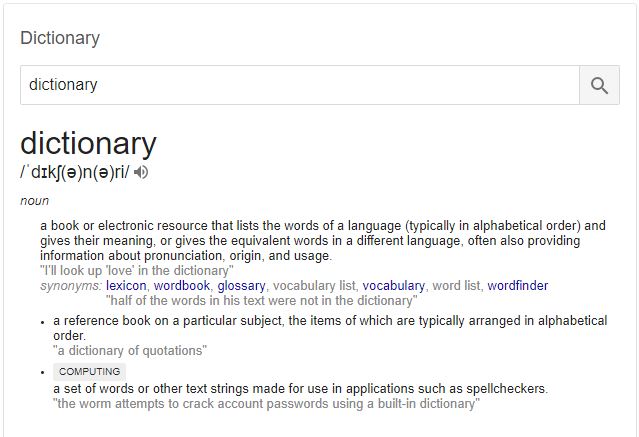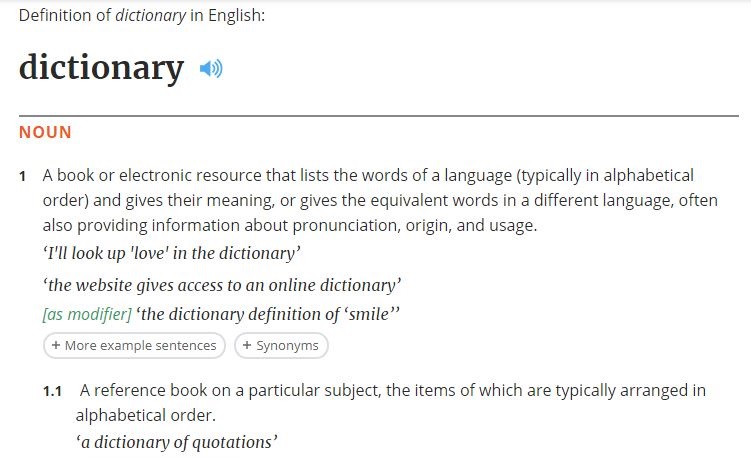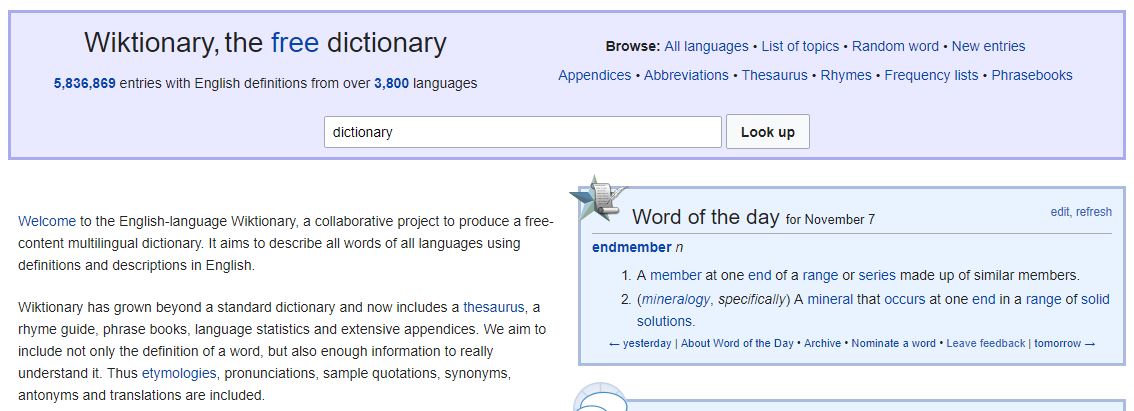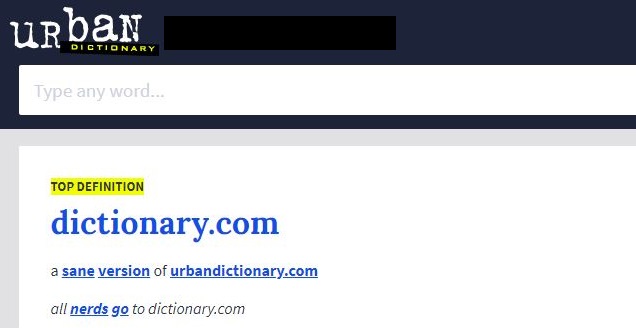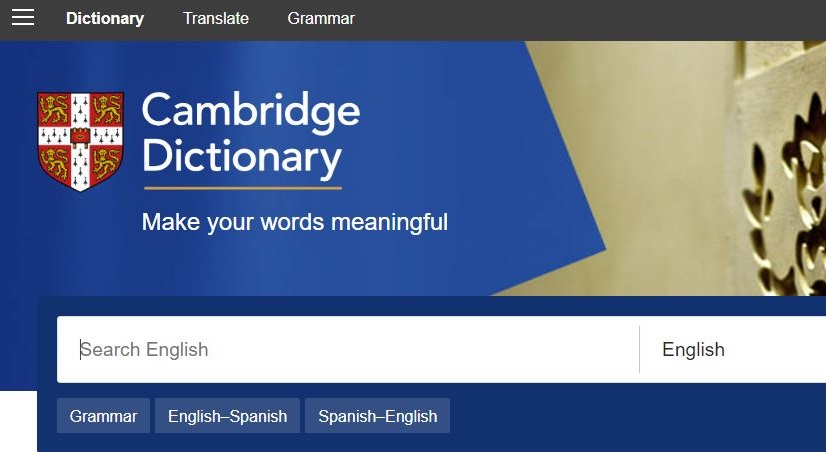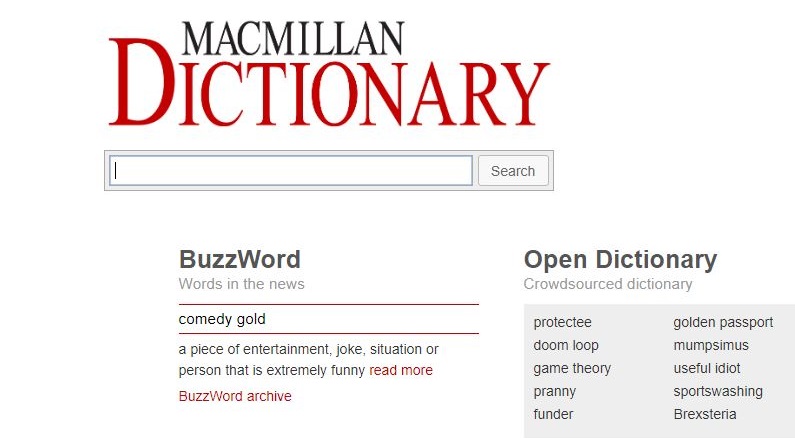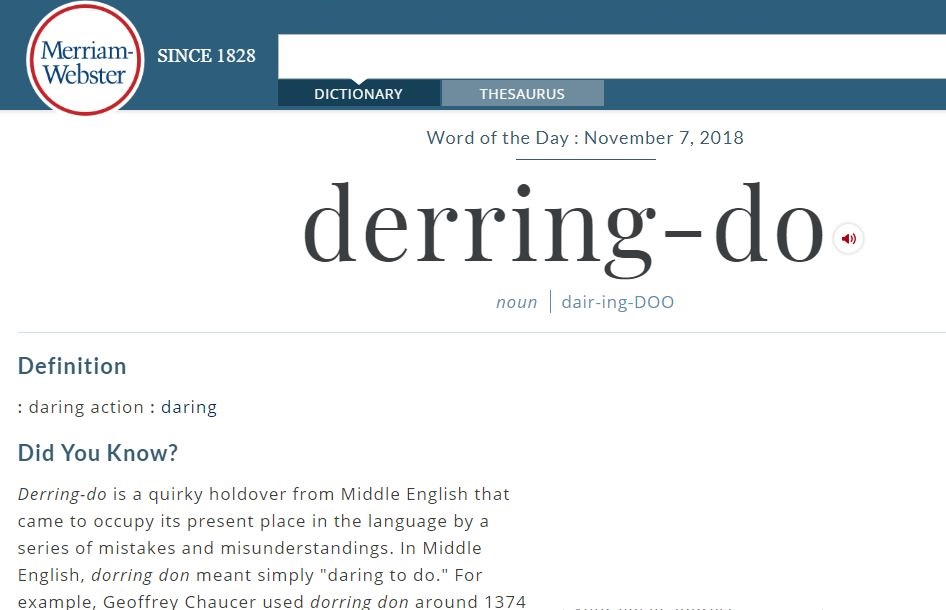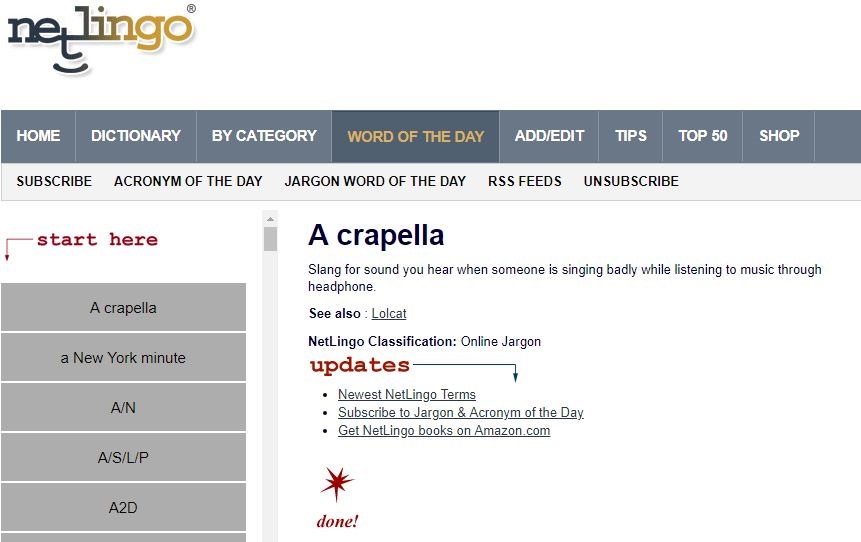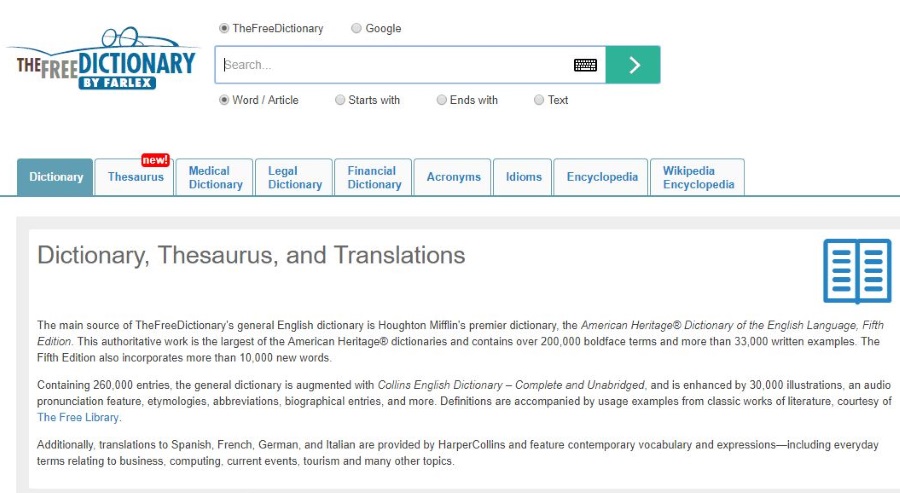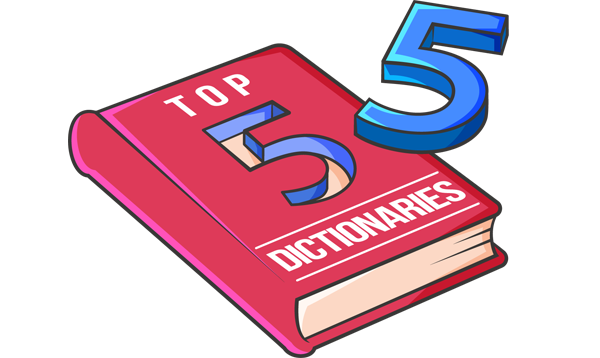With vast numbers of online dictionaries available, it is good to take note of the best ones and their main advantage on different scenarios.
The following dictionaries are the best so far and their main features are discussed to make it easier for someone to pick according to the functions they want performed.
1. Google Dictionary
This is always the first option that many people opt to. When one types google dictionary in the google search tool, google automatically brings a list of dictionaries available including google dictionary. It is amongst the most expansive online dictionaries available. With an added advantage of having other different languages. It literally contains meaning of nearly every English word available. It also contains a variety of features like related phrases, example sentences, definitions, voice pronunciation amongst others. One of the main advantages of using this dictionary is the brand that google has created for itself. Highly recommended.
2. Oxford Dictionary
This dictionary is mainly used by students and learners, however it can be used by anyone. It is easy to use and contains both British and American English. Some of the features include pictures (which really comes in handy for better understanding and elaboration of things), synonyms, example sentences and others. It’s amongst one of the oldest, most used and trusted online dictionary. This dictionary can come in handy when writing a research paper or a thesis for clarification purposes and understanding words better.
3. Wiktionary
This dictionary was formed under the same ideology of Wikipedia. It is easy to access and contains simple terms to use. However, many people do not believe in its credibility since a person can edit a page. Which is the same scenario as Wikipedia. Although, it does have a community of editors who ensure that the information contained there is accurate. It aims at becoming better every passing day as more features are integrated in the dictionary to make it better like thesaurus, phrase books, extensive appendices and language statistics.
4. Urban Dictionary
This dictionary is mainly used to search for the urban words, as its name suggests. Any slang will have its definition here. It might not come in handy under academic purposes, but it will be really helpful when someone comes across an urban word or a slang on the social media and they do not know the meaning. It mainly comprises of words that are used on the streets and not in a formal setting. Most of the words found here are not found on the standard dictionary and it can save you time of searching for a new word that is recently invented from the streets or borrowed from the showbiz world.
5. Cambridge Dictionary
This is amongst one of the most respected dictionaries around. It can be used by learners and even people who are looking for definition of casual words. The online version is made up of different dictionaries functions and its website is very wide. The online versions include International Dictionary of Idioms, the Cambridge Dictionary of American English, the Cambridge International Dictionary of Phrasal Verbs and the Cambridge Learners Dictionary. Some of the online features include thesaurus, pronunciation, translation, phrasal verbs, idioms and others. It’s one of the most serious dictionaries mainly used for official and academic purposes.
6. Macmillan Dictionary
This is a reference dictionary for all English speaking people. It is free and provides online thesaurus that is fully integrated and consists of synonyms and related words. The thesaurus contains dictionary entries integrated under it. The best online dictionary to learn something new every day. With its synonym feature, a user can learn new term on different words that are featured on the dictionary. It also does contain a physical dictionary. Its main users comprises of learners and people in official setting.
7. Dictionary.com
It is one of the best dictionaries around. Its offline dictionary is also amongst the best English dictionary app. It has existed for over 20 years and has gained trust from its million users worldwide. It contains vast features like slang phrases, audio pronunciation, synonyms, idioms, word origins, word games, example sentences and professional terms such as medical terms and others. It’s one of the leading online sources of terms and definitions of words. With its domain name already introducing the site, it has a wide range of users who find the site useful and of great benefit.
8. Merriam-Webster Dictionary
This is one of the most accurate online dictionaries. Although not commonly known, it has one of the highest most credible information. The definition of its words are of high pedigree. Although it does not contain much features compared to the other dictionaries, it has pronunciation, grammar tips, synonyms, thesaurus, medical dictionary and Spanish to English translation. Although you can get all the help online, it still can work offline.
9. NetLingo
As it names suggests, this sites gives meaning and definition of internet lingo being used. In this case, lingo is used to mean language. It also contains a list of acronyms that are mainly used on the internet these days. Its purpose is to serve on the casual meaning of words and gives a better understanding on the short acronyms and what they stand for.
10. The Free Dictionary
This is a free online English dictionary that allows you to search for definition of words or characters. Some of the features include thesaurus, idioms, abbreviations, encyclopedia, synonyms, translator that works with languages that are common like German and French. It also contains medical and financial terms for people in such profession. It also allows users to create their own personal homepage by adding and removing terms through drag and drop capabilities.
Blog » Community » Top 8+ Best Online Dictionaries (2022)
Table of Contents
- 1. Collins Dictionary
- Pros
- Cons
- 2. Wiktionary
- Pros
- Cons
- 3. Google Dictionary
- Pros
- Cons
- 4. Urban Dictionary
- Pros
- Cons
- 5. Oxford Dictionary
- Pros
- Cons
- 6. Macmillan Online Dictionary
- Pros
- Cons
- 7. Cambridge Online Dictionary
- Pros
- Cons
- 8. Dictionary.com
- Pros
- Cons
Online dictionaries have become part and parcel of the writing and reading culture. Most people rely on online dictionaries to get a clear meaning of different words they come across when reading. However, considering that there are several of them on the internet, you need to know what dictionary to use in different scenarios. This write-up gives you a detailed outlook of the best dictionaries on the web, their unique features, and their pros and cons.
1. Collins Dictionary
Collins dictionary is one of the best platforms for learners, translators, and teachers. Boasting over 4.5 billion words, Collins is an embodiment of top-tier features. It comes with unique options that can help you improve your grammar and fluency. These include Thesaurus, video, translator, and scrabble. Its search engine features an autosuggest feature that enables you to select the word you are looking for by just typing a few letters.
Pros
- Boasts several modes to allow various searches that help improve their grammar, vocabulary, and pronunciation.
- Features over 4.5 billion words
- Has both audio and video pronunciations
Cons
- It doesn’t feature urban words
- The translator mode doesn’t always give correct translations
Browse Dictionary APIs
2. Wiktionary
Established using an ideology that is similar to Wikipedia, Wiktionary goes beyond the standard dictionary to provide an in-depth explanation for words using definitions and illustrations. It comes with outstanding features such as autosuggest, pronunciation, synonyms, etymology, anagrams, and related terms, among others. It also integrates new options such as the Thesaurus, language statistics, extensive appendices, and phrasebooks.
Pros
- The etymology feature permits users to see the origin of a word
- It supports several languages
- The “anagrams” feature helps you to learn new terms by rearranging letters in a word.
Cons
- Users question their credibility since users can edit anything on the site
Browse Dictionary APIs
3. Google Dictionary
Google dictionary is one of the most famous dictionaries since it boasts one of the most comprehensive online word directories. Its strongest attribute is the fact that it supports several languages. It also provides synonyms, use case examples, the origin of a word, and antonyms. It also comes with an audio pronunciation tool, autosuggest feature, and displays a word’s present tense, past tense, present, and past participle.
Pros
- It supports several languages
- It carries the credibility and reliability of Google as a brand
- Boasts meanings of nearly every English word
Cons
- Word translations are not always correct
- There are concerns that it doesn’t feature old-school English words
Browse Dictionary APIs
4. Urban Dictionary
Urban dictionary is an online platform where you can find definitions, pronunciation, and synonyms for urban words or slang. Although it doesn’t come handy for scholars and academicians, it can help you decipher slangs or urban words you come across around the web. It defines terms that are often used in the streets.
Pros
- It incorporates words that are often not found in standard dictionaries
- It boasts new words from the streets or those that are borrowed from the showbiz
Cons
- Doesn’t feature more formal words
- You sometimes have to do many searches without getting desired results
Connect to the Urban Dictionary API
5. Oxford Dictionary
Renowned as the best tool for students and learners, Oxford online dictionary is a robust platform that helps define words both in British and American English. For enhanced clarity, Oxford dictionary features pictures, example sentences, synonyms, and audio pronunciation, among others. It also boasts critical symbols that help show how important a word is to the English language. It is the ideal dictionary to use when writing a thesis or research paper.
Pros
- It one of the oldest, and most trusted online dictionary
- The wordfinder feature helps build vocabulary by helping you learn more about related words.
- Boasts both American and British pronunciations
Cons
- There are claims of the dictionary having complex word definitions and unclear explanations
Browse Dictionary APIs
6. Macmillan Online Dictionary
Macmillan dictionary is the best place to learn something new every day. It is fully integrated with Thesaurus, and it provides synonyms and a ton of related other terms. It is one of the best dictionaries for English speaking users from all over the world. It comes with stars and colors to display how frequently words are used in English.
Pros
- Every word defined in this dictionary links to a thesaurus entry
- It defines words with commonly occurring English terms
- It features new words daily to help improve your grammar
Cons
- It has limited features when compared to other dictionaries
Browse Dictionary APIs
7. Cambridge Online Dictionary
Cambridge dictionary is another highly respected online dictionary for official and academic purposes. It boasts three outstanding features which are dictionary, grammar, and translator. The dictionary supports translation for over 20 languages. Other features include audio pronunciations, phrasal verbs, Thesaurus and idioms among others
Pros
- The online version boasts idioms, American English, learners, international, and phrasal verb dictionaries
- Pronunciations, synonyms, and translations features help users enhance their vocabulary
- Supports several languages
Cons
- Boasts lots of information that might make it hard to get desired results
Browse Dictionary APIs
8. Dictionary.com
Having been in existence for more than two decades, Dictionary.com is a top-quality dictionary that has gained the trust of millions of users from around the world. It boasts various features such as audio pronunciation, idioms, synonyms, word origins, and slang phrases, among others. It is considered to be one of the leading sources of word definitions on the internet.
Pros
- It features a word directory that has been created in over two decades
- It comes with outstanding features such as word games, synonyms, slang phrases, audio pronunciation and more
- It provides word use cases in sentences, as well as includes definitions for medical terms
Cons
- Its association with Ask.com is not going well with some users
Browse Dictionary APIs

The RapidAPI staff consists of various writers in the RapidAPI organization. For support, please email us at support@rapidapi.com.
Reader Interactions
1. Collins — https://www.collinsdictionary.com/
Online Dictionary and Thesaurus from Collins with over 1 million words: Definitions, synonyms, pronunciations, translations, origin and examples.
2. Macmillan — http://www.macmillandictionary.com/
The perfect free online English dictionary – a one-stop reference for English speakers around the world. The free online thesaurus is fully integrated into dictionary entries and shows useful sets of synonyms and related words.
3. OneLook — https://www.onelook.com/
OneLook is a dictionary and translation metasearch engine. OneLook searches more than one thousand online dictionaries at the time of this writing in order to find whatever definition that you’re looking for; in addition, you can use OneLook to to find translations of a particular word in other languages.
4. Wiktionary — https://www.wiktionary.org/
Collaborative project to produce a free-content multilingual dictionary. It aims to describe all words of all languages using definitions and descriptions in English. Wiktionary has grown beyond a standard dictionary and now includes a thesaurus, a rhyme guide, phrase books, language statistics and extensive appendices.
5. Google Dictionary — https://chrome.google.com/webstore/detail/google-dictionary-by-goog/mgijmajocgfcbeboacabfgobmjgjcoja?hl=en
Google Dictionary has a lot of different languages with features like voice pronunciation, definitions, example sentences, related phrases, related phrases and more.
6. Dictionary.com — http://www.dictionary.com/
Dictionary.com is the world’s leading online source for English definitions, synonyms, word origins, audio pronunciations, example sentences, slang phrases, idioms, word games, legal and medical terms, Word of the Day and more. For over 20 years, Dictionary.com has been helping millions of people improve their use of the English language with its free digital services.
7. The Free Dictionary — http://www.thefreedictionary.com/
Comprehensive free online dictionary, thesaurus, and encyclopedia with synonyms, definitions, idioms, abbreviations, and medical, financial. TheFreeDictionary.com now allows you to create your own personal homepage by adding and removing, dragging and dropping, and «using or losing» existing content windows. In addition, you can add your own bookmarks, weather information, horoscope, and RSS feeds from anywhere on the web.
8. Cambridge Dictionary Online — http://dictionary.cambridge.org/us/
Popular dictionary and thesaurus for learners of English. Meanings and definitions of words with pronunciations and translations. The online version is made up of four dictionaries: the Cambridge Dictionary of American English, the Cambridge Learner’s Dictionary, the Cambridge International Dictionary of Phrasal Verbs and the Cambridge International Dictionary of Idioms.
9. NetLingo — http://www.netlingo.com/
NetLingo explains thousands of terms that define our life online, including the largest list of chat acronyms.
10. Urban Dictionary — http://www.urbandictionary.com/
Slang online dictionary. If that’s what you need to learn, this is one of the online dictionaries you’ll benefit most from.
I’ve extensively used online dictionaries, mainly Cambridge English Dictionary and dictionary.com, to improve pronunciation and transfer thousands of words from passive to active vocabulary.
I started with dictionary.com. Much later, when I tried Cambridge English Dictionary, I realized that dictionary.com, but for pronunciation, wasn’t the best overall option. It struck me then that many more users of online dictionaries may not be using the best dictionary and I decided to write a review of main dictionary brands at some point in future. And here it is.
In this post, I’ve reviewed (with ratings out of 10) well-known online dictionary brands on parameters that are usually the most valuable to users.
If you’re one of the persons who is interested in just the ratings – and not details – here is a summary:
| Dictionary | Rating (max. 10) |
|---|---|
| Lexico (formerly Oxford Living) | 9.5 |
| Cambridge English | 8.5 |
| Longman | 7.5 |
| Dictionary.com | 7.5 |
| Collins | 7.5 |
| Merriam-Webster | 5.5 |
| Macmillan | 3.0 |
And the two best dictionaries for learning pronunciation are:
- Dictionary.com: it provides pronunciation in non-phonetic form as well
- Cambridge English Dictionary: it provides both British and American pronunciations
What parameters would be valuable to users of online dictionaries?
Is history of a word important to you? I guess most don’t care when and how the word originated. I don’t, at least.
Do you care for pronunciation? Certainly more than history.
People care the most for meaning(s) of the word and how it is used in sentences. Pronunciation too is a popular destination. People also care about idioms and phrasal verbs associated with the word. Some also look for synonymous. And last, because it’s all online, people want a good user experience. User experience, however, is worthless if a dictionary misses out on core offering of meaning, examples, pronunciation, and phrasal verbs & idioms. Makes sense, right?
With that in mind, I’ve taken following parameters to evaluate online dictionaries in this post:
- Meaning and synonyms
- Example sentences (also called usage)
- Pronunciation
- Phrasal verbs and idioms
- User experience
Most dictionaries do fine on ‘meaning and synonyms’, and therefore this parameter isn’t a big differentiator unless you search for words that can be used in multiple ways. Here is an example of word ‘sink’ that can be used in many, many ways (the screenshot captures only few):
Good dictionaries not just cover all the use cases of such words, but they also do a good job of presenting so much information in a user-friendly manner.
‘Example sentences’ can be the biggest differentiator between dictionaries because they’re important and, second, some dictionaries really struggle to put together enough examples. (Examples are arguably the most important feature of any dictionary. They teach you how words are actually used in sentences, the building blocks of writing and speech.)
Let’s start with the first dictionary.
1. Lexico
Formerly Oxford Living Dictionary and now ‘powered by Oxford’.
My rating
9.5/ 10
User experience
It does the best job of user experience.
Few highlights:
- Autosuggest (the search bar in the dictionary suggests words when you start typing a word) works well
- Examples are neatly arranged in expandable tabs after each meaning, which gives the dictionary compact and neat look. You can click these tabs to unfurl several examples for each use case of a word.
- Surprisingly, pronunciation is at the bottom of the page. Also, British and American pronunciations are not on the same page and need to be accessed through different pages. Both are minor itches, though.
Examples
This dictionary does the best job of examples too. They provide plenty of examples, by and large the most for the dictionaries covered in this post.
They could’ve, however, improved user experience in examples by highlighting (bold or underline) the word in question for quick pinpointing. Cambridge English Dictionary does this.
Pronunciation
Audio of the pronunciation is a must in any dictionary, but the non-phonetic form too is helpful. While most dictionaries carry phonetic form, only few (dictionary.com, for example) carry non-phonetic form.
Pronunciation comes right at the end of the page. The dictionary has both American and British pronunciations, but they need to be accessed through different pages, which doesn’t matter much to most because people mainly refer to one type of dictionary – British or American. This dictionary, however, lacks in non-phonetic pronunciation.
Idioms and phrasal verbs
True to its wont of offering wide variety of examples, the dictionary provides surprisingly high number of examples even for idioms and phrasal verbs. (When it comes to idioms and phrasal verbs, almost all dictionaries are thin on examples.)
2. Cambridge English Dictionary
My rating
8.5/ 10
User experience
Few highlights:
- Autosuggest works well
- Toggle tabs right at the top helps you jump between meaning of the word and examples.
Examples
By and large, words have lots of examples to go with. The dictionary, however, has far fewer examples for idioms and phrasal verbs, which is not a big irritant because most users are looking for words alone.
Pronunciation
This dictionary has both British and American pronunciations right at the top in the audio and phonetic form. Non-phonetic form, however, isn’t there.
(For most people, non-phonetic form is far more intuitive than phonetic form to figure out pronunciation of a word. I learnt pronunciation through listening and non-phonetic form and found them to be very effective.)
Idioms and phrasal verbs
If a word has phrasal verbs and idioms (not all words have phrasal verbs and idioms), links to them are listed at the bottom of that word page. You may click these links to explore them in detail.
3. Longman
My rating
7.5/ 10
User experience
Longman loses little bit on user experience. Few highlights:
- No autosuggest
- Toggle tabs at the top help you jump between examples, synonyms, and origin.
- Scrolling the page can be bit overwhelming on this dictionary for common words such as ‘roll’ which have lots of use cases. At times, too much information has been packed in.
- It doesn’t neatly categorizes phrasal verbs and idioms.
Examples
The dictionary offers an impressive array of examples.
Pronunciation
You can listen to both American and British pronunciations right at the top. Presence of non-phonetic form (it has phonetic form) would have made it probably the perfect pronunciation destination.
Idioms and phrasal verbs
They’re there, but not categorized well.
4. Dictionary.com
My rating
7.5/ 10
User experience
Few highlights:
- No autosuggest
- Its overall look & feel is average, few notches below Cambridge and Lexico
- Toggle tabs right at the top helps you jump between examples, synonyms, and word origin.
- Most dictionaries cover only few proper nouns (mainly countries and popular cities). Dictionary.com is a delight while searching proper nouns – try searching Montego Bay, Mein Kampf, and Keynes. You would after all want to learn pronunciations, if not other details, of such proper nouns.
Examples
The dictionary has decent number of examples. One or two examples are mentioned along with the meaning of the word and the rest are clubbed together under ‘Examples’ tab.
If a word is used in multiple ways, then you’ll have to make some effort to understand which example corresponds to which use for examples clubbed under the ‘Examples’ tab. Lexico does the best job of this where they segregate examples as per the use of the word under tabs we saw earlier.
Having said that, I don’t see this as a big problem.
Pronunciation
The dictionary really stands out on pronunciation front as it also offers non-phonetic form of pronunciation, which is far more intuitive than the phonetic form. However, it doesn’t always provide both British and American pronunciations.
Idioms and phrasal verbs
You’ll find few idioms and phrases after the meaning of the word in its different forms (noun, verb, adjective etc.). Plenty more of them will come at the bottom of the page.
5. Collins
My rating
7.5/ 10
User experience
Few highlights:
- Autosuggest works well
Examples
It contains good number of examples.
Pronunciation
Regular: audio and phonetic.
Idioms and phrasal verbs
It provides links to related idioms and phrasal verbs. However, examples here aren’t as rich as in, say, Lexico we covered earlier.
6. Merriam-Webster
My rating
5.5/ 10
User experience
Few highlights:
- Autosuggest works well
- Text seems bit cramped because of lack of enough white spaces. You’ve to really strain your eyes when the word (such as ‘roll’) has plenty of meanings.
- The references that accompany examples cover too much space. The dictionary can do a better job of it.
Examples
Fewer examples. All clubbed together in the end similar to dictionary.com
Pronunciation
Strong on pronunciation!
Like dictionary.com, this too provides pronunciation in audio as well as non-phonetic form.
Idioms and phrasal verbs
Idioms and phrasal verbs lack examples. There aren’t any for words I checked. Here is an example for the word ‘walk’:
7. Macmillan Dictionary
My rating
3/ 10
The content on this dictionary is quite thin. Even the meanings of words are unusually brief.
User experience
Overall user experience is just OK, but user experience is inconsequential if the core offering of the dictionary isn’t good, which is the case with Macmillan Dictionary. Few highlights:
- Autosuggest works well
- You can’t see the synonyms on the same page as the word. The link takes you away to another page.
Examples
Only few examples. The word ‘serendipity’, for example, has no examples.
In contrast, the same word has quite a few on Cambridge Dictionary:
Pronunciation
Regular: audio and phonetic.
Idioms and phrasal verbs
Links to idioms and phrasal verbs have been provided at the bottom of the page. However, they carry only few examples.
Трудно представить изучение языка без использования словаря. Как правило, в начале обучения студенты прибегают к помощи англо-русского или русско-английского вариантов. Однако позже начинают обращаться к толковым словарям, в которых помимо определений есть множество дополнительной информации. Наша подборка ресурсов как раз и подойдет студентам среднего и высокого уровней владения английским.
В статье «Как выбрать хороший словарь английского языка» мы рассказали, что должен содержать качественный справочник и как выбрать ресурс в зависимости от уровня владения английским. А сейчас хотим подробно описать преимущества пяти лучших онлайн-словарей английского языка.
1. Cambridge Dictionary
Онлайн-версия Cambridge Dictionary — это полноценная замена печатному изданию со множеством дополнительных возможностей, которых лишен классический словарь. Перед тем как начать работать с ним, ознакомьтесь со списком основных сокращений.
- Кембриджский словарь приводит несколько наиболее употребляемых определений слова.
- К каждому значению слова указана часть речи.
- Транскрипция дана в двух вариантах — британском и американском, каждый из которых можно прослушать.
- К каждому слову приведены несколько примеров предложений, из которых вы поймете, в каком контексте лучше использовать лексику.
- К каждому слову указан уровень владения английским, на котором оно употребляется, например: to say (говорить) — A1 (Beginner, Elementary), to pronounce (произносить) — B1 (Intermediate), to utter (произносить) — C2 (Proficiency).
- Приведен список синонимов, а также слов, связанных по смыслу.
- К каждому слову даны collocations (выражения с этим словом), так вы поймете, с какими словами оно сочетается.
- Можно найти перевод сленговых выражений, идиом и фразовых глаголов.
- Можно воспользоваться как толковым (англо-английским), так и переводным (англо-русским) словарями. Однако англо-русская версия словаря предполагает перевод слова без пояснений.
- Есть блог, в котором подробно рассматриваются значение многих слов, отличия между основными синонимами, а также приводится лексика на определенную тему.
- На сайте есть раздел New Words, он ежедневно пополняется словами, которые еще не вошли в словарь, но уже активно используются носителями языка.
2. Macmillan Dictionary
Macmillan Dictionary — словарь, который новичкам может показаться слишком сложным: переполненным информацией и дополнительными функциями. Однако он станет настоящей находкой для тех, кто достиг среднего и высокого уровней владения английским.
- В словаре Macmillan вы найдете все возможные определения слова с примерами их использования в предложениях.
- Перечислены не только определения слова, но и его возможное метафорическое значение.
- К каждому слову есть пометка с указанием части речи, а во всех определениях уточняется исчисляемость или неисчисляемость слова.
- Есть специальные обозначения, которые указывают на частоту использования слова в речи и на письме: одна звездочка означает редкие слова, две — довольно часто встречающиеся и три — самые популярные.
- Под исходным словом вы найдете однокоренную лексику.
- Чтобы ваша речь была богатой, важно запоминать синонимы слов. В словаре Macmillan для этого есть раздел Explore Thesaurus.
- Помимо определения к искомому слову даны распространенные фразы, устойчивые выражения и идиомы.
- Macmillan Dictionary представляет тематические тесты, тесты на общий и функциональный словарный запас, также есть раздел Language Games со словесными играми.
3. Oxford Learner’s Dictionaries
Oxford Learner’s Dictionaries — онлайн-версия толкового словаря издательства Оксфордского университета.
- К каждому слову даны наиболее распространенные определения и десятки примеров использования лексики в контексте.
- Есть запись американского и британского произношения каждого слова, а также транскрипция к каждому из этих вариантов.
- Указана исчисляемость или неисчисляемость слова.
- Ресурс предоставляет довольно широкий ряд синонимов слова.
- Предлагается список идиом с исходным словом, к каждой из них дано пояснение и пример использования.
- Указаны часто употребляемые устойчивые выражения, связанные с интересующим вас понятием.
- Можно найти перевод сленговых выражений, идиом и фразовых глаголов.
4. Longman Dictionary of Contemporary English
Longman Dictionary of Contemporary English — толковый словарь для студентов и преподавателей английского языка, а также всех тех, для кого английский — второй язык.
- В каждом слове указана часть речи и даны определения с примерами использования.
- Справа от слова вы увидите специальное обозначение — красную точку (одну, две или три). Чем больше точек, тем чаще слово используется носителями языка.
- Транскрипция представлена в двух вариантах — британском и американском.
- К словам указаны синонимы, антонимы и однокоренные слова.
- Здесь вы найдете отдельную подборку устойчивых выражений и идиом с искомым словом.
- Ко многим словам указаны распространенные лексические и грамматические ошибки.
- К некоторым словам дана иллюстрация для лучшего понимания значения.
- Лексика по общим темам (спорт, еда, здоровье, и т. д.) собрана в отдельные словарные статьи.
5. Collins Online Dictionary
Collins Online Dictionary — онлайн-словарь английского языка, который предлагает несколько версий толкования слова: посложнее — для носителей и полегче — для изучающих английский.
- Приведены несколько определений слова.
- Указано исчисляемое слово или нет.
- Есть примеры использования лексики в контексте, произношение которых можно прослушать.
- Приведены примеры употребления в СМИ, а также в цитатах известных людей.
- Приведены переводы слова на другие иностранные языки (в том числе и русский).
- Есть запись произношения в британской и американской озвучке, к ним прилагается и транскрипция.
- Приводится интересная статистика использования слова, например, вы можете узнать, как часто за последние десять лет искомое слово употреблялось носителями языка.
- Есть перевод идиом, сленга, фразовых глаголов.
- Приведены синонимы, но не к каждому слову.
Обширного словарного запаса недостаточно, чтобы свободно говорить на английском. Разговорный навык развивается только с практикой. Наш курс «Интенсивный разговорный английский» поможет вам преодолеть языковой барьер и научиться уверенно выстраивать диалог с любым собеседником.
Мы представили вам лучшие английские толковые онлайн-словари. Просмотрите их все и выберите наиболее оптимальный вариант для себя.
© 2023 englex.ru, копирование материалов возможно только при указании прямой активной ссылки на первоисточник.

